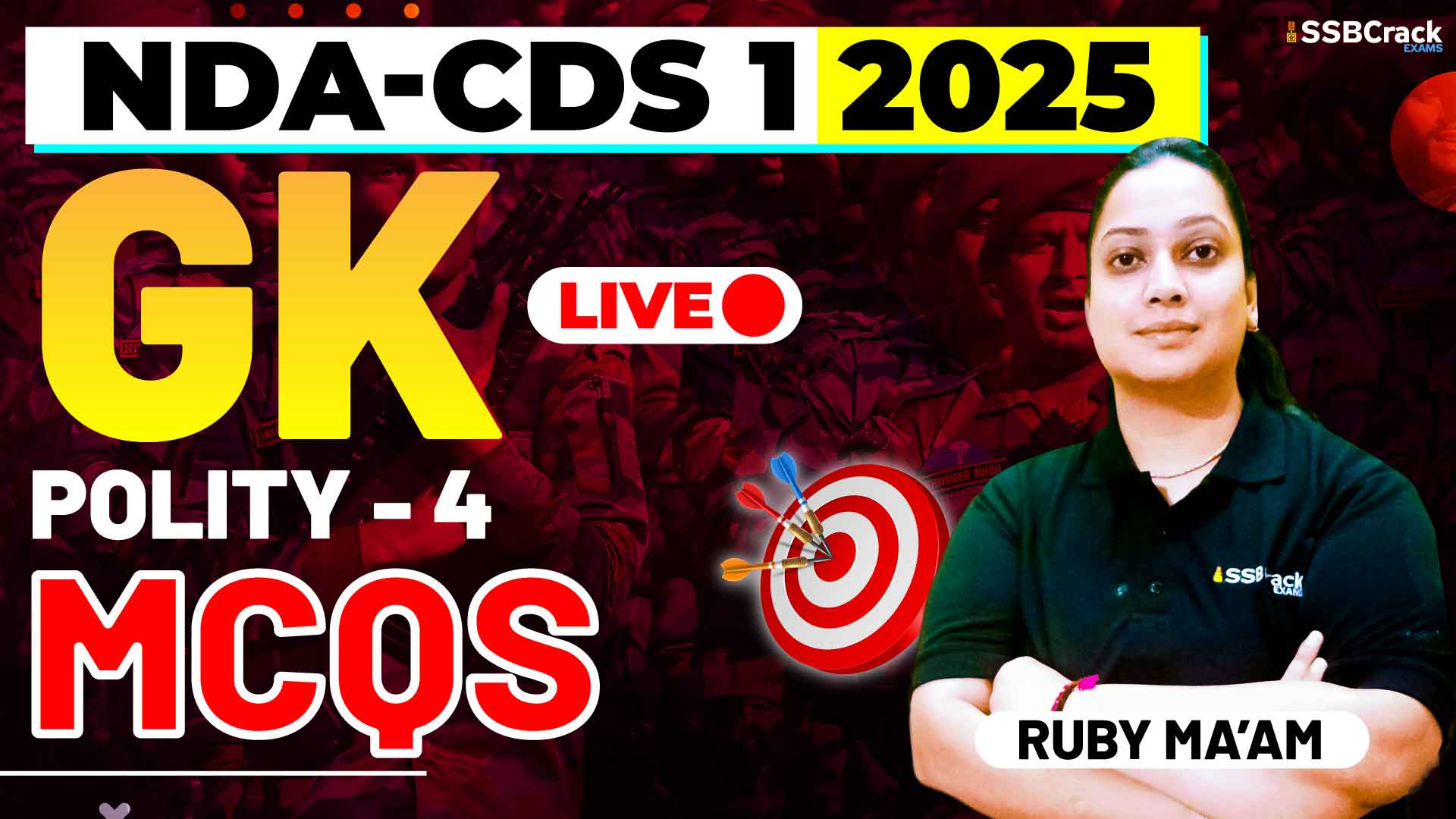For aspirants of the National Defence Academy (NDA) and Combined Defence Services (CDS) exams, mastering Indian Polity is crucial. Among the key topics, the Directive Principles of State Policy (DPSP) and the High Courts hold significant weightage. One of the most effective ways to strengthen your understanding of these topics is by solving Multiple-Choice Questions (MCQs). Let’s explore why practicing MCQs on DPSP and High Courts is essential for your preparation.
1. Enhancing Conceptual Clarity
The DPSPs, enshrined in Part IV of the Indian Constitution, provide guidelines to the State for governance. They are non-justiciable but play a crucial role in shaping policies. High Courts, on the other hand, are vital judicial institutions in India. By attempting MCQs, aspirants can break down complex provisions into simpler, digestible parts, ensuring better comprehension.
2. Boosting Retention and Recall
MCQs facilitate active recall. Regularly solving questions helps in reinforcing key articles (e.g., Article 36-51 for DPSP) and their classifications (Socialistic, Gandhian, and Liberal-Intellectual). Similarly, understanding the composition, jurisdiction, and powers of High Courts becomes easier when tested through well-framed questions.
3. Understanding Exam Patterns and Trends
The NDA and CDS exams consistently feature polity-based questions. Practicing MCQs on DPSP and High Courts allows candidates to analyze past trends, familiarize themselves with question formats, and anticipate potential areas of focus in upcoming exams.
4. Improving Accuracy and Speed
In a competitive exam, time management is crucial. Regular MCQ practice helps aspirants develop the ability to quickly eliminate incorrect options and select the right answer efficiently, improving accuracy and reducing negative marking.
5. Application of Knowledge to Practical Scenarios
MCQs often present real-life scenarios or case-based questions, requiring aspirants to apply theoretical knowledge. For instance, questions on High Courts may test a candidate’s understanding of judicial review, writ jurisdiction, or landmark judgments, enhancing practical application skills.
6. Identifying Weak Areas
Solving MCQs allows candidates to assess their preparation level and identify weaker sections. Regular self-evaluation through quizzes or mock tests can help in targeted revision, ensuring a well-rounded understanding of DPSP and High Courts.
Conclusion
The importance of solving MCQs on DPSP and High Courts cannot be overstated for NDA and CDS aspirants. It not only strengthens conceptual clarity but also boosts confidence in tackling polity-related questions. Aspirants should integrate MCQ practice into their daily study routine, analyze incorrect answers, and reinforce learning through regular revision. With consistent effort and smart preparation, mastering Indian Polity will become a seamless journey towards success in the NDA and CDS exams.







